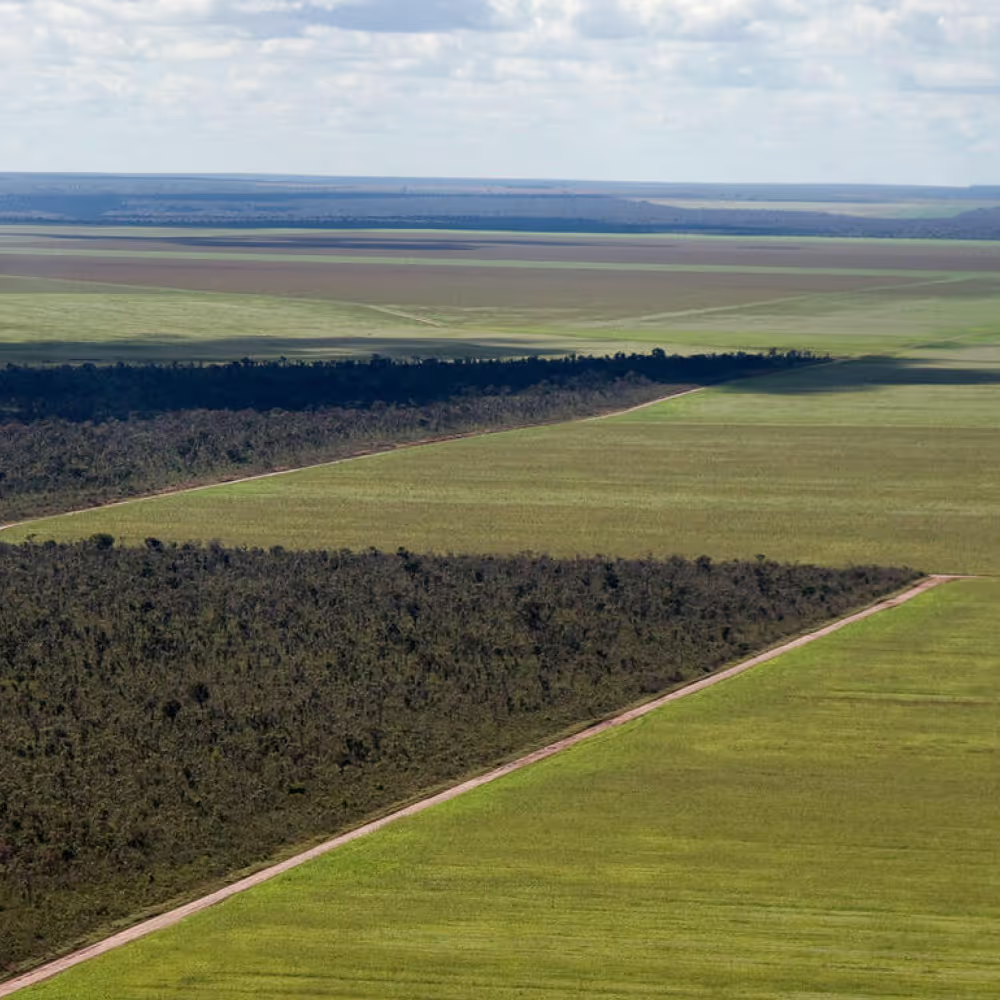
Large, frequent or unexplained cash or wire deposits payments, transfers, or withdrawals involving:
Government or senior officials or other politically exposed persons (PEPs), especially from environment, agriculture, forestry, mining or other natural resources, or land management ministries.
Customs or border control officials, law enforcement, police, border guards, or highway checkpoint personnel.
Rapid movement of funds through multiple accounts, currencies, or institutions
Transactions inconsistent with a client’s usual business activity, commercial purpose, or known profile.
Offshore business activities by public officials responsible for environment or land/tenure rights, without disclosure.
Customs or other government officials showing sudden, unexplained wealth (e.g. luxury vehicles, expensive homes) inconsistent with their salary.
Evidence of association (e.g. pictures in the media or links via associated companies or company ownership) with officials, those subject to adverse media, or those operating in natural resource/high risk commodity sectors.
Dubious trade or shipment documentation (e.g. invoices, shipping forms), suggesting forgery or manipulation.
Customer’s inability to provide valid documentation for financial transactions (e.g. invoices, originator/beneficiary details).
Evidence of double invoicing or inconsistent documentation.


The Environmental Crimes Financial Toolkit is developed by WWF and Themis, with support from the Climate Solutions Partnership (CSP). The CSP is a philanthropic collaboration between HSBC, WRI and WWF, with a global network of local partners, aiming at scaling up innovative nature-based solutions, and supporting the transition of the energy sector to renewables in Asia, by combining our resources, knowledge, and insight.
Dubious trade and shipment documentation, including invoices and shipment documents, which could indicate the forging, modification or sale of key authorisations and their sign-off by corrupt customs officials.
Customs officials displaying sudden, unexplained increases in wealth, such as new luxury vehicles, expensive homes, or other high-value purchases that do not align with their salary.
Transactions and other account activities that are inconsistent with a client's usual business, commercial purpose or profile.
Large cash or other deposits, wire transfers, multiple cash deposits and withdrawals associated with government officials (especially from environment, agriculture or other ministries who have specific management or oversight authority of government stockpiles of seized timber or other relevant commodities like minerals, and their associates or relatives), border control authorities, or customs and revenue officials, forestry agencies, or CITES Management Authorities (CMAs) and their associates or relatives.
Unexplained cash transfers involving senior officials or PEPs (or their family members), especially if these individuals operate within the natural resources, mining, wildlife, land management, forestry, or agricultural spaces.
Payments to customs officials, law enforcement, police, guards manning highway checkpoints, border guards, or government officials which may constitute bribes.
A customer’s inability to produce appropriate documentation (e.g. invoice or any other document) to support a requested financial transaction, or the bank finds double invoicing, or a customer fails to provide adequate information about the originator, beneficiary, and purpose of the wire transfer.
PEPs or public officials with responsibilities for environment management/protection or land/tenure rights traveling to offshore jurisdictions for undisclosed business activities.